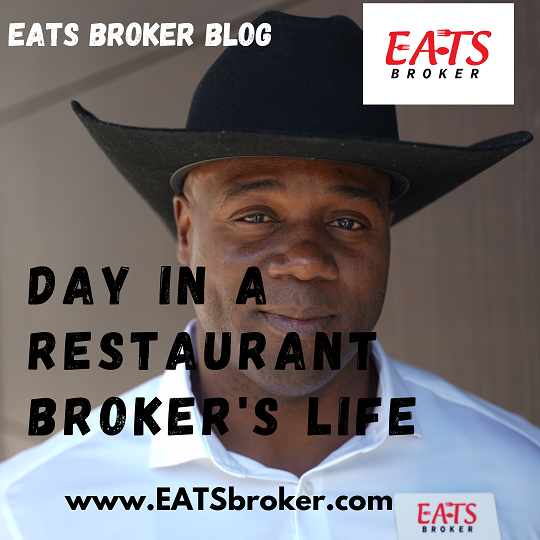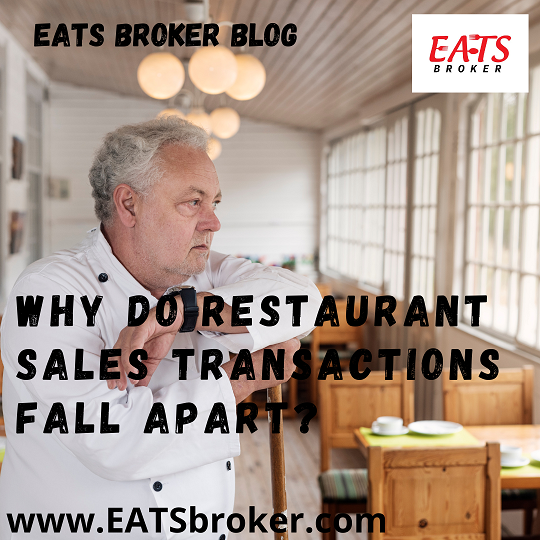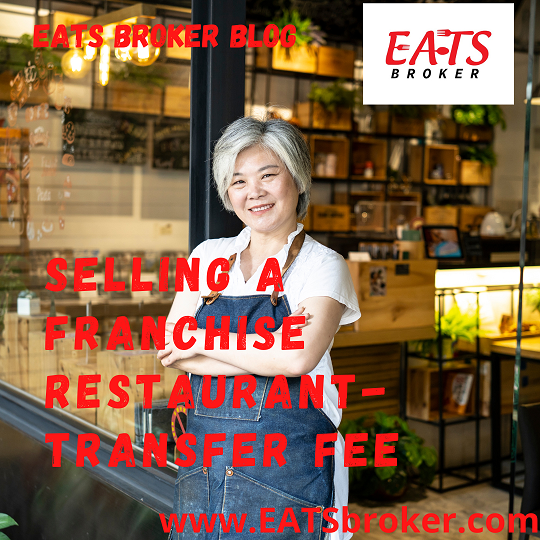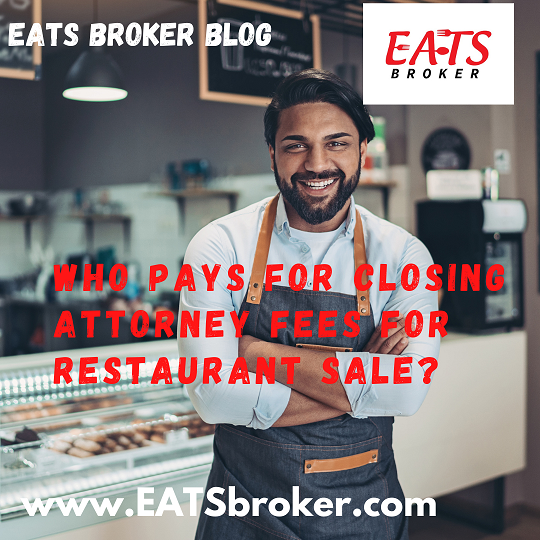
Day in a Restaurant Broker’s Life
What does a Restaurant Broker actually do daily? Dominique Maddox, Founder and President of EATS Broker share his thoughts about the Day in a Restaurant

What does a Restaurant Broker actually do daily? Dominique Maddox, Founder and President of EATS Broker share his thoughts about the Day in a Restaurant

Restaurant Sales Transactions fall apart for a collection of reasons. Some of these issues can be resolved before they derail a deal from closing, but

When selling a franchise restaurant, how much is the Franchise Transfer fee? This question is one of the first questions EATS Restaurant Brokers wants to

Who pays for closing attorney fees for a restaurant sale, who does the lawyer actually represent? Once the buyer-seller has agreed to a purchase price,

© Copyright 2025 EATS Broker | Consumer Protection Notice | Information About Brokerage Services